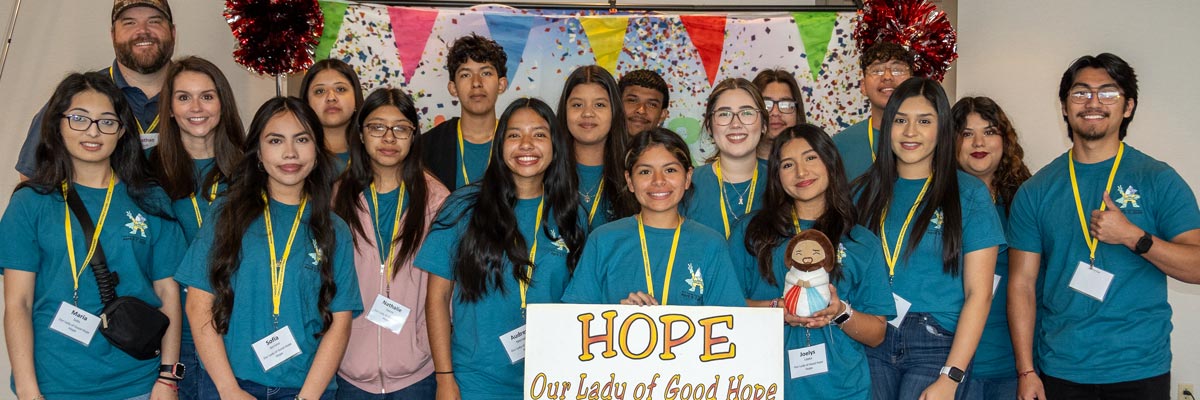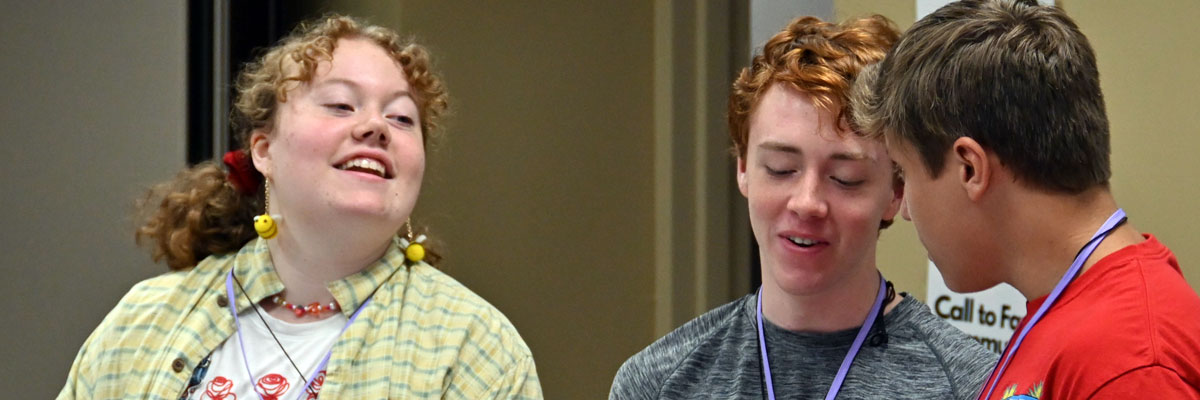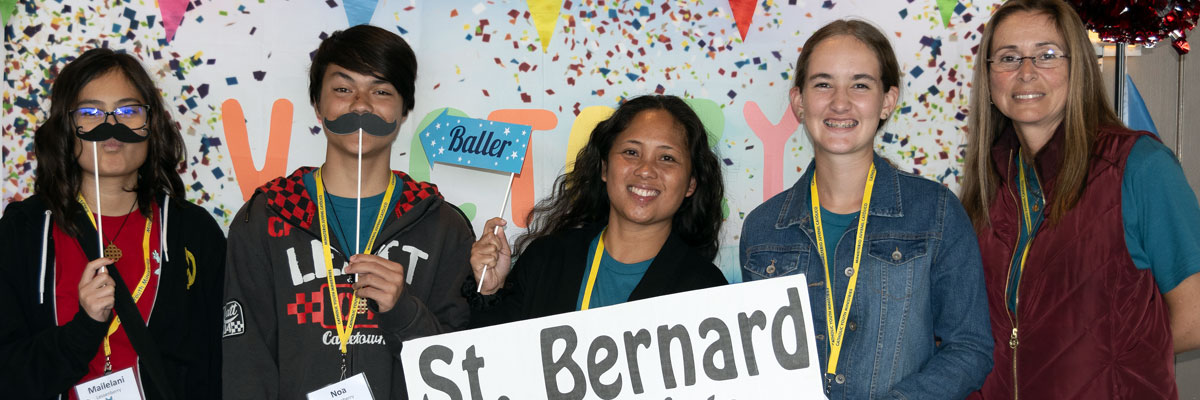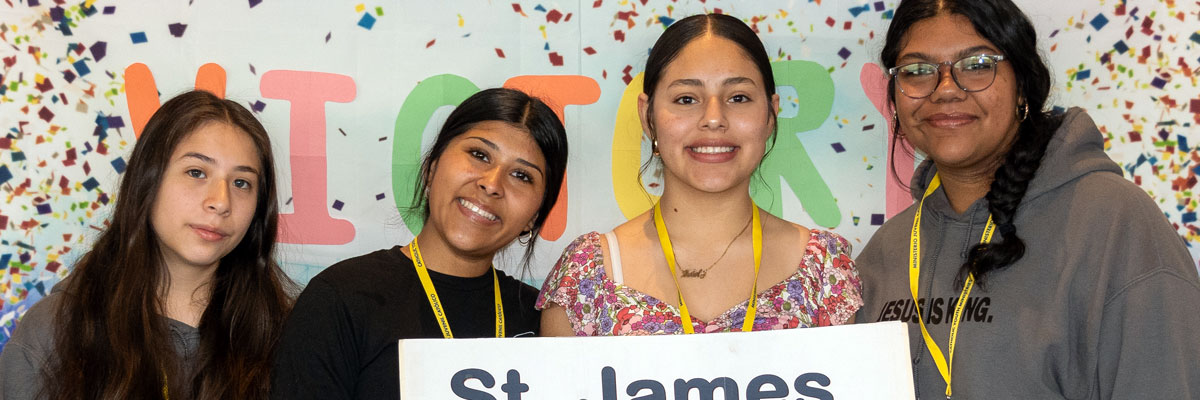Official Website of the
Catholic Diocese of Little Rock
The Epiphany of the Lord 2021
Published: January 3, 2021
Bishop Anthony B. Taylor prepared the following homily for Sunday, Jan. 3, 2021.

Bishop Taylor
Most of us have had the experience of being excluded from some group that we wanted to belong to. I was not part of the "in crowd" in high school, and it hurt when former friends no longer wanted me around. They had by this time upgraded their social life and since I wasn't interested in playing the game, I was no longer included.
One day, it occurred to me other students resented being excluded just like I did and so I led a revolt. I consciously sought out others who also were not playing the game. We created a new circle of friends and quit worrying about what the "in crowd" thought about us. We were a motley group, but that's part of the picture when you choose inclusion rather than exclusion.
That was part of what put me on the path to discerning a possible vocation to the priesthood. By the way, I now realize that the exclusiveness of the "in crowd" was not an expression of self-confidence; rather, it was a reflection of their own fear and insecurity, and I was beginning to discover that freedom-from-fear that comes from seeking to do God's will rather than my own.
I now realize that the exclusiveness of the "in crowd" was not an expression of self-confidence; rather, it was a reflection of their own fear and insecurity, and I was beginning to discover that freedom-from-fear that comes from seeking to do God's will rather than my own.
They had to project the illusion of being cool because they were afraid that they would be rejected if anyone knew how they really were on the inside. I didn't have to be cool because I had nothing to hide.
Today is the feast of the Epiphany of the Lord and central to this feast is the issue of inclusion verses exclusion. Prior to the coming of Jesus, and especially in Judaism, religion and ethnicity were closely connected. Conversions were rare, occurred mainly because of marriage and involved changing your culture as well as your faith. Jews don't send out missionaries — they are "a people God chose especially to be his own."
The idea is that if God wanted those other people to be Jews, he would have chosen them too — according to them, it's not our job to send out missionaries; God does the choosing, not us. For first-century Jews, holiness involved exclusion: separating oneself from everything that is unclean, including unclean people — pagans and Samaritans and sinners.
The name "Pharisees" means literally "the separated ones," the ones who have separated themselves from the sinful masses in order to observe religious law more perfectly. To their credit, the Pharisees made great sacrifices as the price of faithfulness to God who chose them and set them apart. But their holiness was based on separation rather than inclusion.
Today's feast of Epiphany contains the heart of Jesus' teaching regarding holiness, an understanding based on inclusion rather than separation and we see this lived out over and over again in the ministry and teaching of Pope Francis. Far from separating himself from unclean people, Jesus purposely went out to those who had been excluded and made them his own — what Pope Francis calls going out to the peripheries.
Jesus discussed theology with a much divorced Samaritan woman who was now living with yet another loser; he ate in the homes of undesirables. As for the early Church, Jesus' Jewish-Christian followers reached out to pagans, and invited them to become Christians without having to sacrifice their culture or change their ethnic identity.
This openness to all the nations is prefigured in today's visit of the Wise Men from the East. They were pagans and one of them, Gaspar, is depicted as a black man. The gifts of gold, frankincense and myrrh proclaim who they believe Jesus to be: gold because he is a king, frankincense because he is God and myrrh to anoint his body after his death on the cross. The salvation that Jesus brings will be universal and therefore his Church will be catholic in the full sense of the term, inclusive.
This vision of inclusion is at the heart of our call to follow Jesus as Christians and today’s feast challenges us to become agents of inclusion in our own time and in the process discover that freedom from fear that comes from seeking to do God's will rather than our own.
Are your words about Muslims words of inclusion or exclusion? They are the Samaritans of our day. How about people who experience same-sex attraction? The Church is — and should be — a motley group. That is part of the picture when you choose inclusion rather than exclusion, and Jesus loves us for it!









